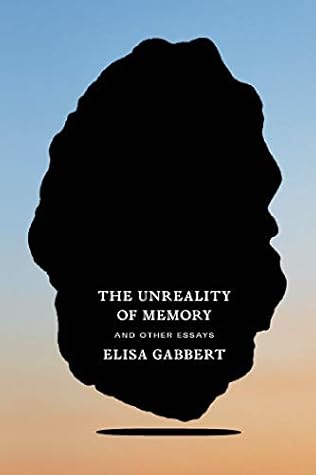More on this book
Community
Kindle Notes & Highlights
It’s the spectacle, I think, that makes a disaster a disaster. A disaster is not defined simply by damage or death count; deaths by smoking or car wrecks are not a disaster because they are meted out, predictable. A disaster must not only blindside us, but be witnessed, and re-witnessed, in public. The Challenger explosion killed only seven people, but like the Titanic, which killed more than 1,500, and like 9/11, which killed almost 3,000, the deaths were both highly publicized and completely unexpected. Disasters are news because they are news.
How could anyone ever have found the Twin Towers beautiful? They seemed designed only to represent sturdiness, like campus buildings in the brutalist tradition that were said to be riot-proof.
But all skyscrapers are sexy at night, from below if not from afar, by virtue of their sheer dizzying size, their sheer sheerness. They stand like massive shears, stabbed into the sky.
Not knowing the unknowable isn’t hubris. There is danger in thinking, “We were dumb then, but we’re smart now.” We were smart then, and we are dumb now—both are true. We do learn from the past, but we can’t learn from disasters we can’t even conceive of.
Disasters always feel like a thing of the past. We want to believe that better technology, better engineering will save us. That the more information we have, the safer we can make our technology. But we can never have all the information. In creating new technology to address known problems, we unavoidably create new problems, new unknowns. Progress changes the parameters of possibility. This is something we strive for—to innovate past the event horizon of what we can imagine. And with so much that is inaccessible, opaque, and in flux, we can’t even hold on to what we already know.
Millions of people who live in areas vulnerable to megathrust tsunamis don’t even have the choice to worry or not; they don’t know the threat exists to begin with. Especially now, when we’re likely past the point of avoiding a climate calamity of our own creation, disasters can feel like karmic punishment. But the earth is not a vengeful god—just an indifferent one.


